The timetable for when San Jose’s $12.2 billion BART extension will start excavating dirt with its “worm-like” tunnel boring machine — widely reported as next year during its purchase in the fall — now doesn’t appear to be so clear cut.
Just two months ago, the Valley Transportation Authority celebrated its $76 million German boring machine purchase, a moment of forward momentum for a project struggling with delays and major cost increases, with a news release that stated “tunnel work will begin in 2025.”
Multiple news outlets, including this one, interpreted that to mean the machine would begin digging the tunnels for the BART project in 2025 — and reported it as such, with no objection from VTA. When questioned further about the start date, however, agency spokesperson Patrice Smith said the language in the news release didn’t mean the device would start carving into the ground next year.
She wrote that tunneling — an adjective that is also used in multiple instances on the project’s website with a 2025 date attached to it — means “all aspects of site preparation,” including building the structure that will launch the machine.
The actual date when the boring device will start digging “depends on negotiations” with the project’s contractor, Kiewit Shea Traylor, conversations that will be finalized this spring, Smith said.
Critics of the BART project were not happy with the way the agency represented the apparent start date.
“This is extraordinarily misleading,” said Jim Schmidt, a retired transportation engineer and member of the Bay Area Transportation Working Group, a volunteer organization that has opposed aspects of the BART project’s design. “It’s very unfortunate.”
Current plans call for the boring machine to start digging near Santa Clara, creating a 4.6-mile subterranean tunnel that will move east toward San Jose’s downtown before looping up toward the city’s existing Berryessa station.
The revelation about the start date comes after a spate of recent criticisms about the 6-mile BART extension, which intends to connect San Jose’s downtown up toward the Peninsula, creating a “ring of transit” across the Bay Area.
In October, VTA reported an updated cost for the project: over double its original projections and with a start date of 2036, a decade later than originally expected. The news sparked VTA’s Board of Directors to create a watchdog committee that will investigate issues facing the extension.
Related Articles
BART service resumes after person on tracks halted trains between Walnut Creek, Pleasant Hill
Teenager suspected of shooting two at East Bay BART station is arrested
Mayor: BART San Jose plans should remain, but revision “should be on the table”
Opinion: A bigger bureaucracy won’t fix Bay Area’s transit problems
They said it: Ballooning BART costs
Former San Jose Mayor Sam Liccardo — a chief proponent of the project for years — said last week he would like to see the San Jose Diridon to Santa Clara connection lopped off from the proposal, citing soaring costs and the fact that Caltrain already covers the distance. Mayor Matt Mahan pushed back on the idea, saying changes could put federal funding at risk and that he didn’t have convincing evidence that the revision would help push the project along faster and at a lower cost.
Days before Liccardo’s comments, VTA’s auditor general released a scathing assessment of the megaproject, stating that the agency’s staff had engaged in a “breach of transparency” with members of its governing board and public over issues facing the extension.
In his report, auditor Scott Johnson found that VTA had used cost estimates to apply for federal funding with projections that they were publicly brushing aside — and that the agency’s staff had been dismissive of independent measures of the extension’s soaring price tag.
Johnson’s assessment was presented to the VTA’s watchdog group on Jan. 19, with one of its members, San Jose Councilmember Dev Davis, describing its findings as “concerning.”
“I think there are some really hard truths that have come to light from this report,” Davis said during the Jan. 19 meeting.
Referring to a monthslong gap in which cost estimates were not shared with the agency’s governing board, Davis said, “I’m not even going to pull the punch on that one. It can never happen again. It has to be when the staff knows, the board knows. Hiding it makes it worse. It’s never the crime, it’s always the cover.”

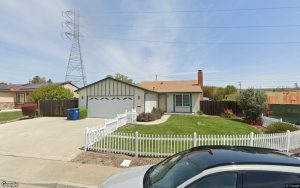


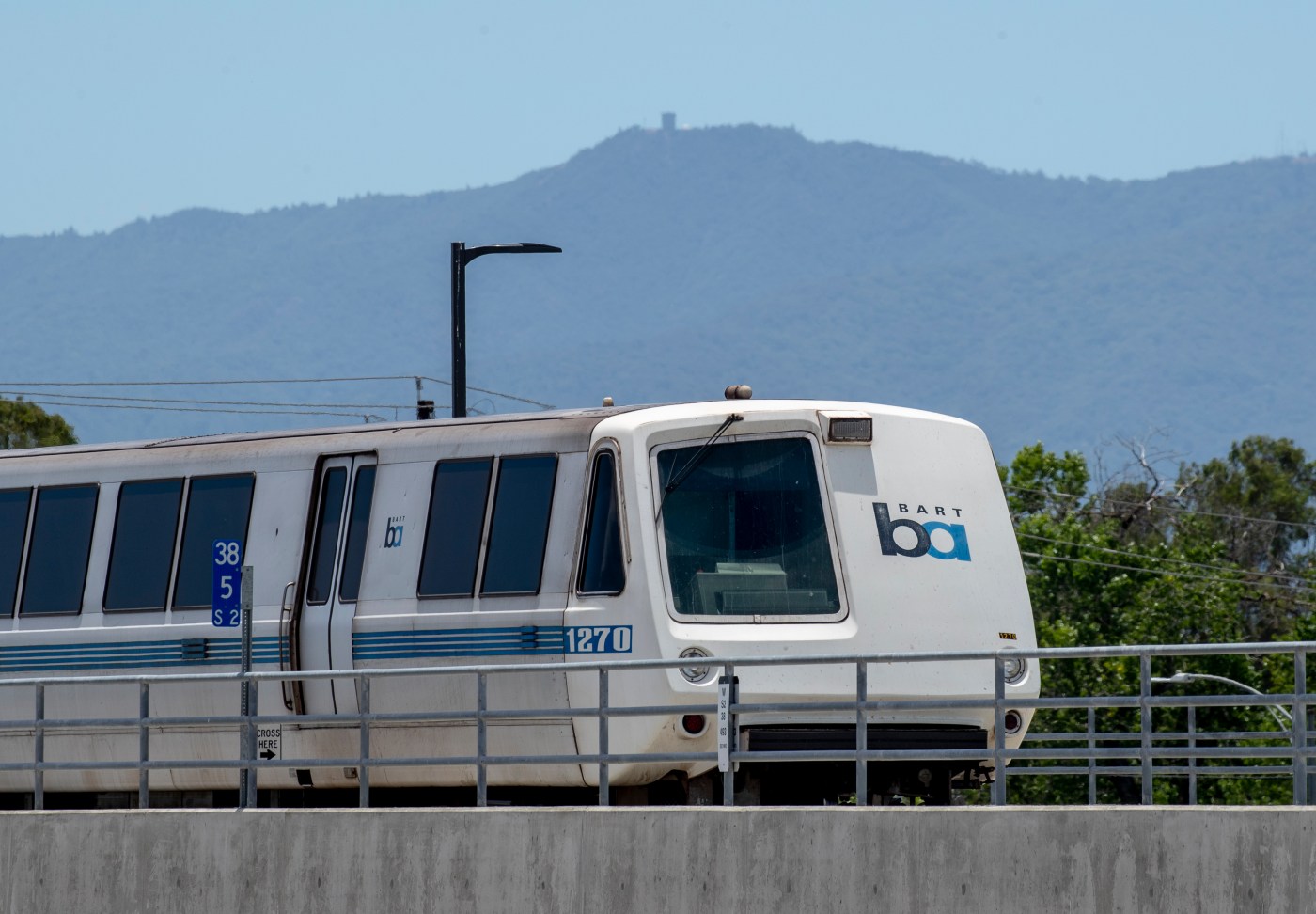
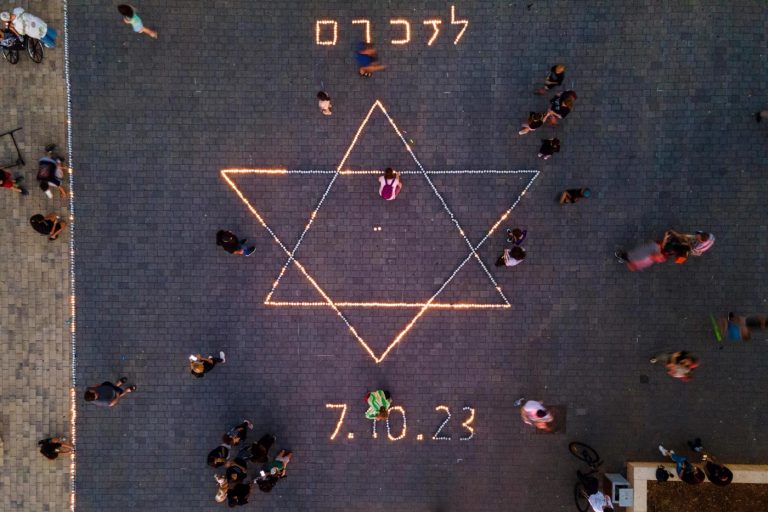
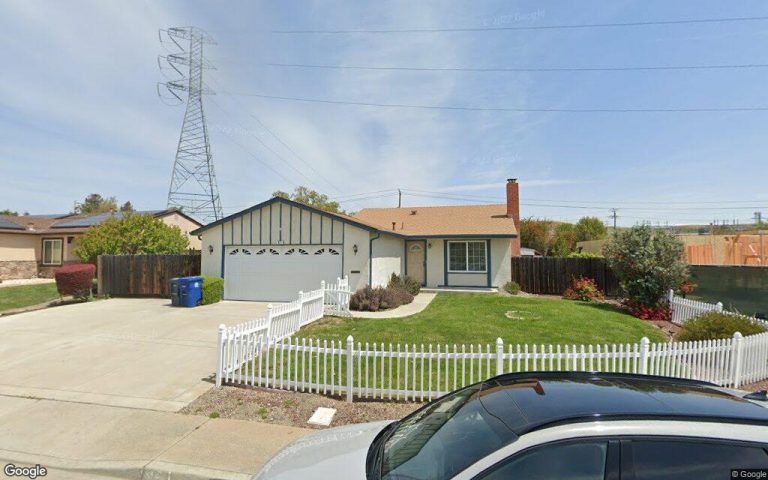


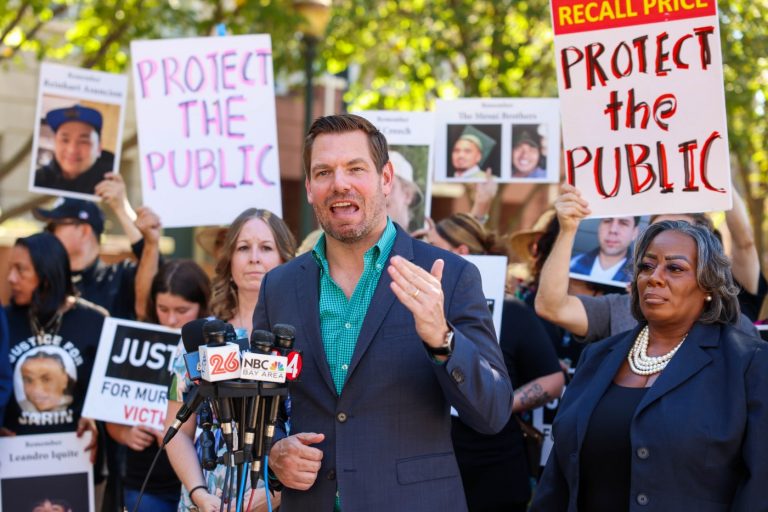

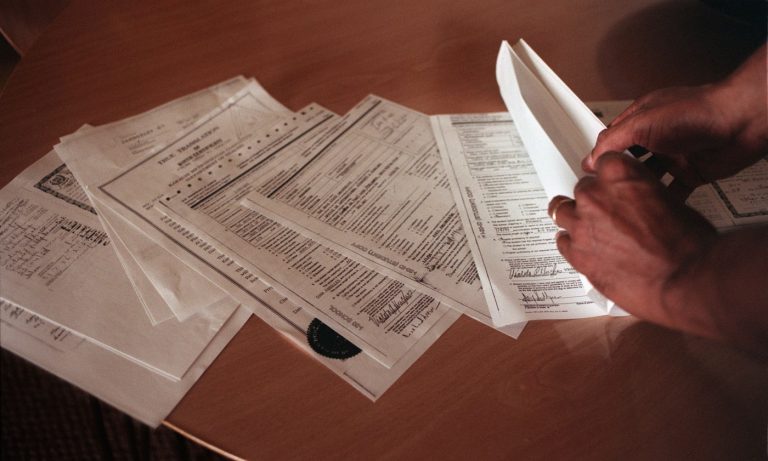
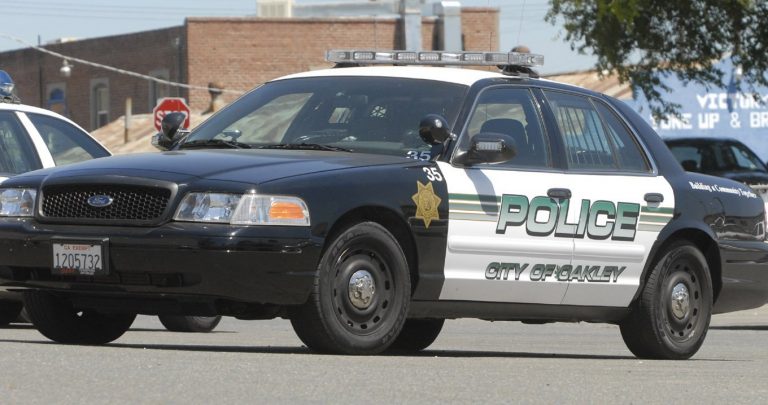
+ There are no comments
Add yours